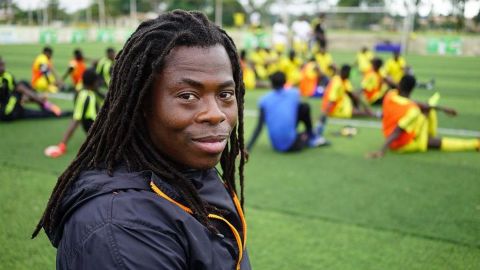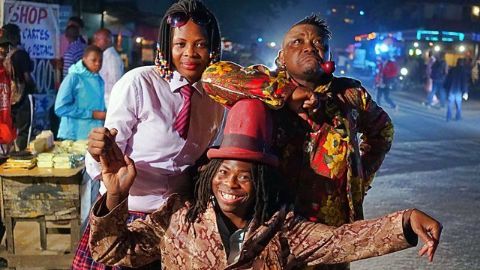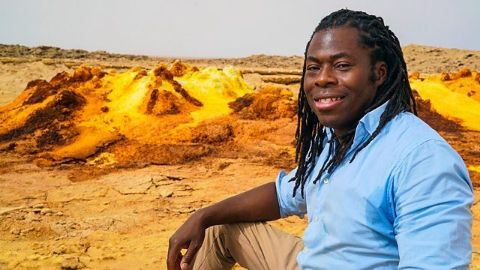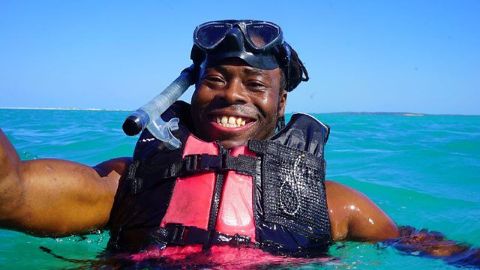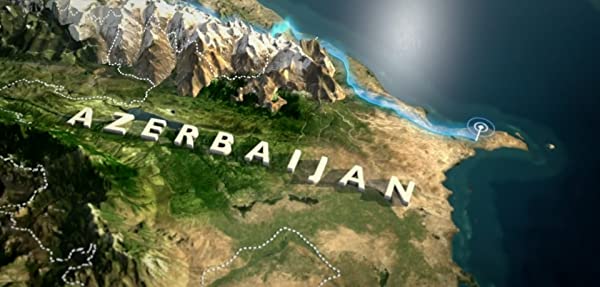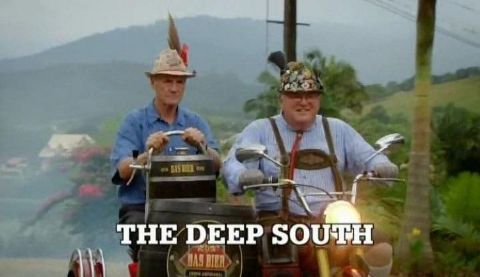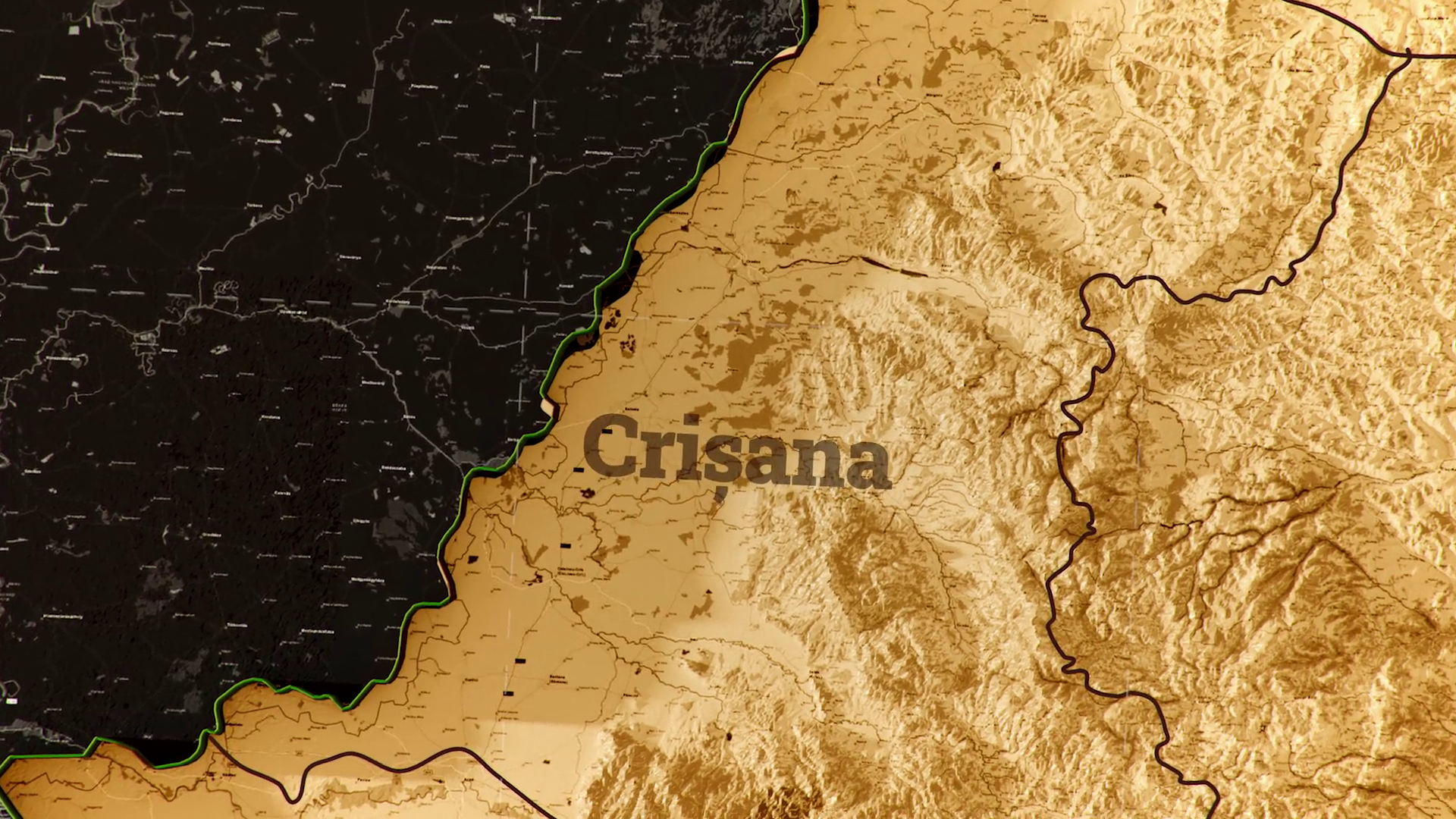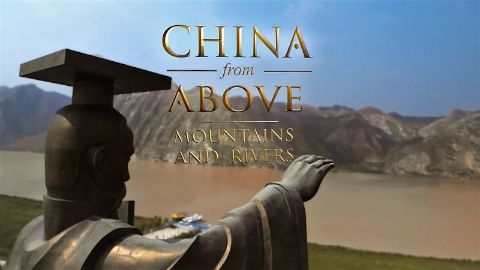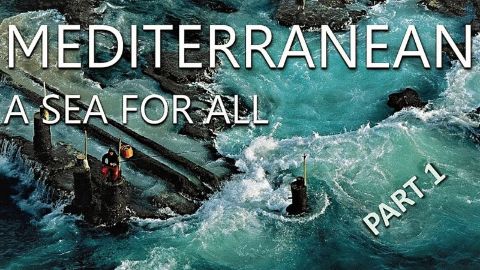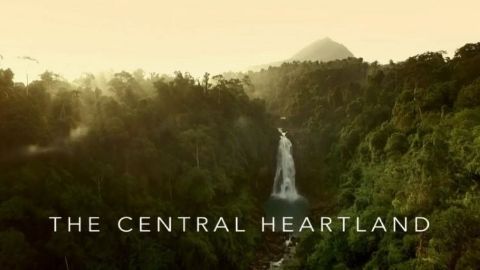East • 2019 • episode "S1E3" • Africa with Ade Adepitan
his leg takes Ade to the east of the continent, from Tanzania, through Ethiopia and on to war-torn Somalia. Ade begins in Tanzania, in Selous Game Reserve – a game park the size of Switzerland. He is on the lookout for elephants. But the numbers in this park have fallen by 90 per cent over the last few decades. As well as poaching, one of the big problems is that elephants trample and eat crops – so the locals don't like them. But a new collaring programme is helping numbers to recover. Ade's next stop is Ethiopia's far north. He travels to the hottest place on the planet where he spends a night with some of the toughest people on earth - the Afar. He joins them doing what their ancestors have done for centuries – hacking blocks of salt from a dried-up salt lake and loading them onto camels. But change is finally coming to this place – thanks to another of its resources, the fertilizer potash. It is a sign of Ethiopia's development, which Ade sees more of in the capital, Addis Ababa. Having grown up with images of starving children in the famine-plagued 80s, Addis is nothing like Ade expected. The city is booming. And it is driving Ethiopia's economy - now one of the fastest-growing in the world. Ade gets a guided tour from perhaps the world's greatest-ever long distance runner, Haile Gebrselassie. Haile is now a businessman, with investments in coffee and construction. The real fuel in Ethiopia's boom is manufacturing. Asia is still the workshop of the world, but with wages there on the rise, Chinese companies are increasingly looking to countries like Ethiopia to set up factories – as Ade discovers on a visit to a shoe factory. Leaving Addis, Ade travels on Ethiopia's new high-speed Chinese built train, which whisks him all the way to neighbouring Djibouti, a vital port for Ethiopia's export-led economy. The final stop on this leg of Ade's trip is war-torn Somalia. He joins the African Union troops on a mission out of Mogadishu and discovers a country in ruins, thanks to decades of conflict with Islamist group al-Shabab. Even in areas ruled by the government conservative Islam dominates and women face restriction on their freedom. Back in Mogadishu, Ade shoots some hoops with a group of women defying the odds by playing basketball. His final encounter is with a female doctor who worked for the NHS for 30 years, and has now returned to Somalia to rebuild her country. She is prepared to give her life, if necessary, in her efforts to provide quality maternity care for new mothers.
Make a donation
Buy a brother a hot coffee? Or a cold beer?
Hope you're finding these documentaries fascinating and eye-opening. It's just me, working hard behind the scenes to bring you this enriching content.
Running and maintaining a website like this takes time and resources. That's why I'm reaching out to you. If you appreciate what I do and would like to support my efforts, would you consider "buying me a coffee"?
Donation addresses
BTC: bc1q8ldskxh4x9qnddhcrgcun8rtvddeldm2a07r2v
ETH: 0x5CCAAA1afc5c5D814129d99277dDb5A979672116
With your donation through , you can show your appreciation and help me keep this project going. Every contribution, no matter how small, makes a significant impact. It goes directly towards covering server costs.
